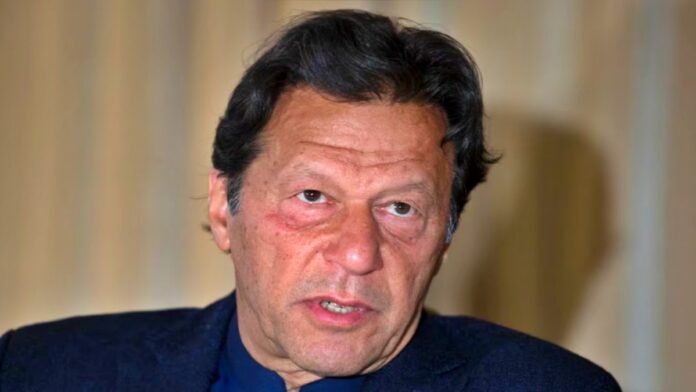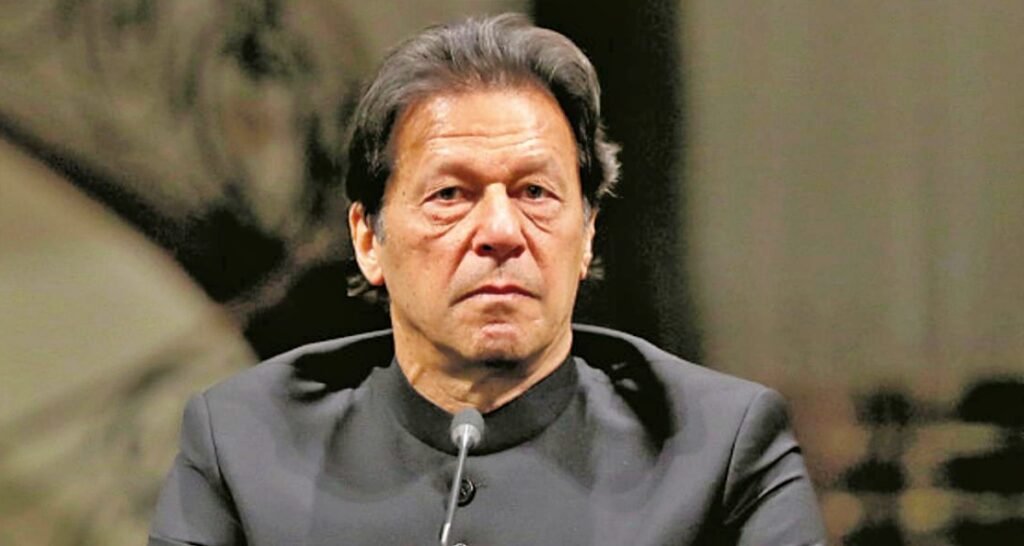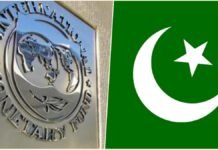
New Delhi: A special court in Pakistan on Tuesday (January 30, 2024) sentenced former Prime Minister Imran Khan and former Foreign Minister Shah Mahmood Qureshi to 10 years in prison each for disclosing official secrets in the cipher case. The case is related to a diplomatic cable that allegedly revealed a US plot to oust Imran Khan from power in 2022.
The court, which was set up under the Official Secrets Act, found both leaders guilty of making public a classified document that contained details of a meeting between Pakistan’s ambassador in Washington and US officials in March 2022. The document, which was sent to Islamabad by the envoy, reportedly stated that the US was unhappy with Imran Khan’s stance on the Russian invasion of Ukraine and wanted him removed from office through a parliamentary vote.
Imran Khan, who is the founder of the Pakistan Tehreek-e-Insaf (PTI) party, had claimed that the cable was proof of a foreign conspiracy against him and his government. He had also denied leaking the document to the media, saying that it was obtained by other sources. However, the prosecution argued that Imran Khan had violated the Official Secrets Act by displaying the document at a public rally in March 2022.
The verdict comes as a major blow to Imran Khan, who is already serving a three-year jail term in a corruption case. He is also facing over 150 other cases on various charges, ranging from contempt of court to terrorism and incitement of violence. He is ineligible to contest the upcoming general elections in Pakistan, which are scheduled for February 8, 2024. His party, PTI, is also facing several challenges in the polls, including the lack of an election symbol.

The cipher case is one of the most controversial and sensitive cases in Pakistan’s political history. It has exposed the strained relations between Pakistan and the US, as well as the rifts within the Pakistani establishment. The case has also raised questions about the security and integrity of Pakistan’s diplomatic communications and the role of the military and the judiciary in the country’s politics.






















































